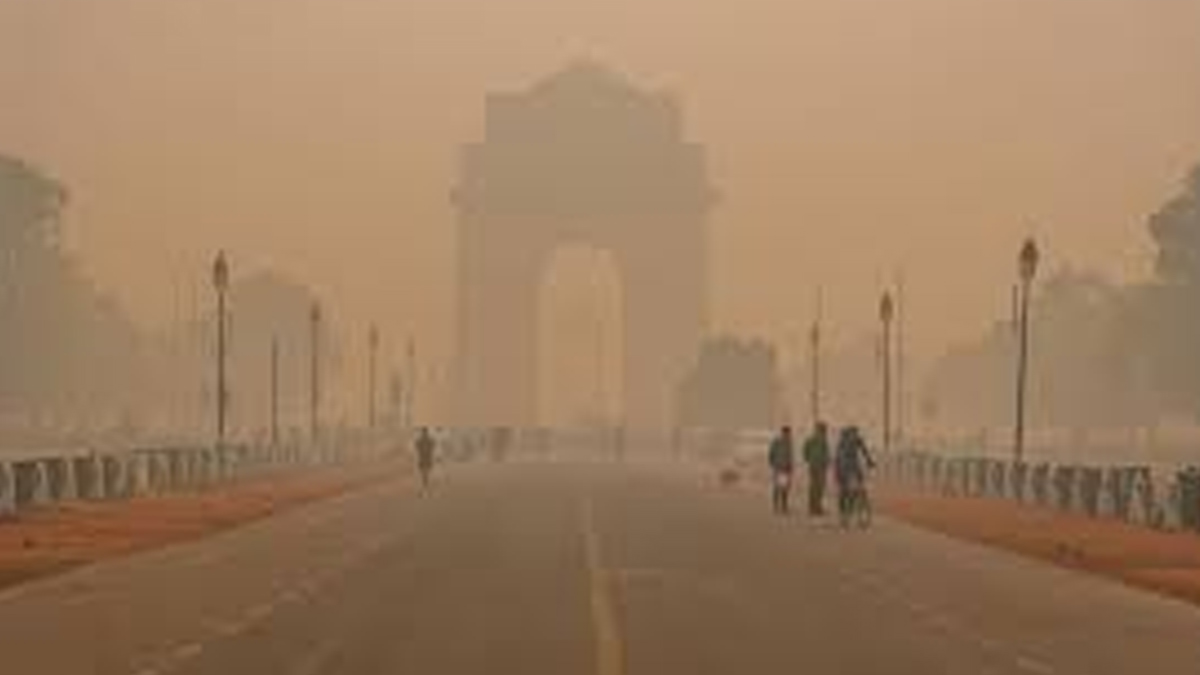
Delhi, the heart of India, is grappling with a persistent foe - air pollution. As the Air Quality Index (AQI) soars to alarming levels, the health of Delhiites is increasingly at risk. The consequences of breathing in polluted air extend beyond mere discomfort; they pose severe threats to public health.
Major Health Impacts of High AQI Level
1. Respiratory Distress
Delhi's high AQI levels are primarily attributed to the elevated concentration of particulate matter (PM2.5 and PM10) in the air. Prolonged exposure to these fine particles can lead to respiratory distress, exacerbating conditions like asthma and chronic bronchitis. The vulnerable, such as children and the elderly, are particularly susceptible.
2. Cardiovascular Complications
Recent studies have linked long-term exposure to air pollution with an increased risk of cardiovascular diseases. Fine particulate matter can infiltrate the bloodstream, causing inflammation and contributing to heart problems, including heart attacks and strokes.

3. Reduced Lung Function
High levels of pollutants can impair lung development in children and diminish lung function in adults. This reduction in lung function may lead to a higher susceptibility to respiratory infections and a diminished ability to engage in physical activities.
Also Read: National Epilepsy Day 2023: Understanding 5 Different Types of Seizures
4. Aggravation of Pre-existing Conditions
Individuals with pre-existing health conditions, such as diabetes or respiratory ailments, face heightened risks. Air pollution can exacerbate these conditions, making management more challenging and posing additional health threats.

5. Compromised Immune System
Exposure to pollutants can weaken the immune system, making individuals more susceptible to infections. This becomes a critical concern, especially in times of widespread health crises, as a compromised immune system may struggle to fend off illnesses.
Also Read: National Epilepsy Day 2023: Understanding 5 Different Types of Seizures

6. Neurological Impact
Emerging research suggests a potential link between air pollution and neurological disorders. Fine particulate matter can infiltrate the central nervous system, potentially contributing to cognitive decline and an increased risk of neurodegenerative diseases.
The battle against Delhi's air pollution demands collective action. Implementing sustainable measures, such as reducing vehicular emissions, increasing green spaces, and adopting cleaner energy sources, is essential for safeguarding public health. Individuals can also protect themselves by staying informed about air quality levels, using air purifiers, and wearing masks when necessary.
In the face of this silent menace, proactive measures are crucial to ensure a healthier and more sustainable future for Delhi's residents.







